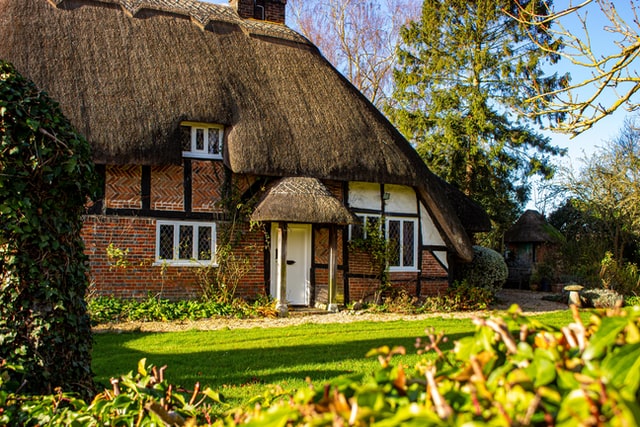Sonder’s business is to make accommodation in apartments available to business and leisure travellers. Stays vary from a single night to a month or more: the average stay is five nights.
For VAT purposes, accommodation which is held out as suitable for holiday or leisure use (regardless of how it is actually used) is in principle a taxable supply for VAT purpose, as we explained here. So, just as you or I would be obliged to charge VAT if we were to advertise an investment property as suitable for leisure use, so too is Sonder.
Except that, following Sonder’s successful appeal to the First-tier Tribunal (‘FTT’) in [2023] UKFTT 610 (TC), it isn’t.
Why not?
The key is that Sonder doesn’t own any of the apartments it markets. It rents them on a long-term basis from landlords. It successfully argued before the FTT that this brought it within the Tour Operators Margin Scheme (‘TOMS’), the effect of which is that, broadly, Sonder is required to account for VAT not on the full amount of the consideration it receives from its customers but only on the difference between what it receives for the accommodation and what it pays to buy it in. The most obvious application of TOMS is to travel agents selling package holidays, but its scope is far wider than that.
HMRC had argued that TOMS did not apply, mainly on the basis that TOMS would apply only if what was bought in was itself holiday accommodation: renting exempt residential accommodation and then subletting it to travellers did not, on HMRC’s analysis, fall within TOMS. HMRC argued that ‘a trader who made supplies of travel accommodation from its own resources was, at first sight, a hotelier and not a tour operator.’
The FTT disagreed: no requirement could be found in or inferred from the rules, either in the relevant EU directive or the UK Statutory Instrument implementing it, to the effect that the bought-in supplies had themselves to be supplies of holiday accommodation. The relevant requirement was only that ‘the right to use the apartments was acquired by a tour operator’ (as Sonder was) ‘for the purposes of its business before being supplied for the benefit of a traveller without material alteration or further processing.’
It’s arguably anomalous that the VAT treatment of leisure accommodation differs according to whether the accommodation is owned by the business or rented by it. We confidently expect that the decision will be appealed to the Upper Tribunal, though the outcome is less easy to predict. Meanwhile, this is a case to keep an eye on.
For more information, please get in touch with your usual BKL contact or use our enquiry form.
